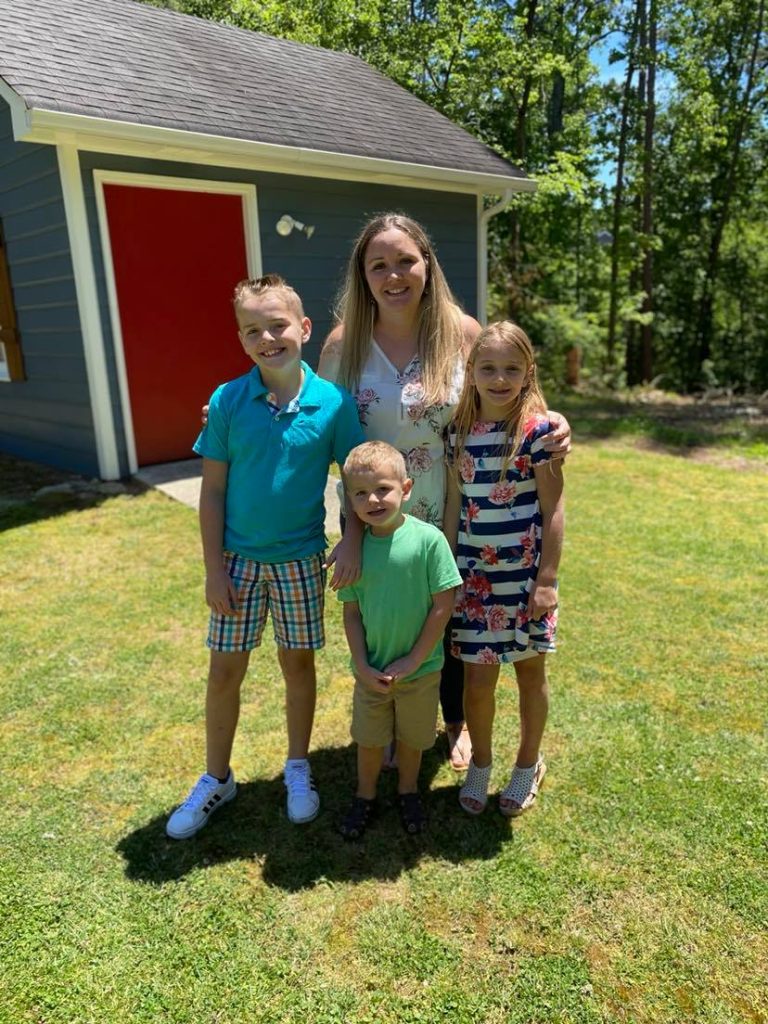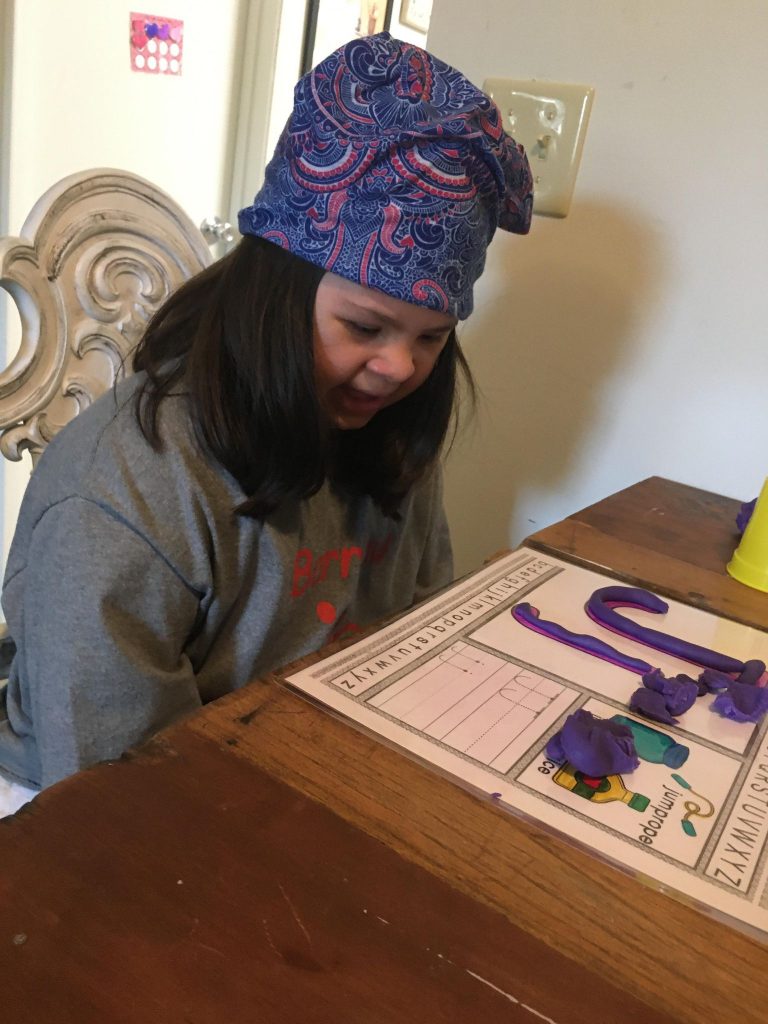The Barrow County School System returned to in-person classes on Sept. 8 to the relief of parents whose children experienced difficulties with digital learning. Parents also had the option to continue distance learning. The school system chose to start classes virtually this semester after more than 90 staff members were forced to quarantine. In the hybrid format, students who chose the in-person option were divided into two cohorts. Cohort A attends classes in-person on Mondays and Tuesdays, while Cohort B attends classes in-person on Thursdays and Fridays. Wednesdays are reserved for cleaning.
Why It’s Newsworthy: Although classes have started in-person two days a week, many families expressed support for having classes in-person five days a week, but the Board of Education hasn’t done so yet. There are also parents who haven’t had issues with digital learning and feel comfortable enough to continue doing it this semester.
An In-Person Learning Preference
Samantha Conley chose the in-person option for her children, and believes that classes should return to in-person instruction five days a week. She is the mother of three children, two who attend Bethlehem Elementary School. After classes at Bethlehem went online, she un-enrolled her Pre-K son from there, and enrolled him at Sikes Rockin’ Horse Ranch Child Care, so she could avoid needing to monitor all three children at home at the same time.

Conley said having children at two different ages made learning from home more complicated, since her older child is more self-sufficient while her younger child needed more help. She also noted how it was a struggle for her and other parents when they weren’t familiar with their children’s assignments, and said it was difficult because teachers weren’t always available for questions.
“I do work from home, so luckily I’m able to do that [help her children with digital learning], but it’s also stressful on me since I have to juggle my job and help them with assignments and everything,” Conley said.
In addition to being happy they can see their friends and teachers, Conley is also glad they will have structure and stability that will allow them to learn more effectively than they have through digital learning.
During the Sept. 1 Board of Education meeting, many disgruntled and anxious parents gave their arguments on why school should return to being in-person five days a week. There were several tearful pleas, and while some speakers were empathetic with the Board, others were more accusatory of the Board’s lack of initiative to commit to fully reopening.
Positive Responses to Distance Learning
Even though parents at the meeting cited challenges with distance learning, Shannon Lynette Schirtzinger said she believed other parents like her weren’t struggling as much with it.
“…There are children that are getting online, not getting kicked off, they got their teachers there all day every day and that there are some of us who support it and appreciate the opportunity,” Schirtzinger said.
Schirtzinger, who has a daughter who attends Winder Elementary School and a granddaughter who attends Russell Middle School, has had a different experience with digital learning. She said her granddaughter has been handling all-day online instruction well. Although she has had some challenges with her daughter, she said she was optimistic about the future of her education.
“She’s used to the school environment and she gives me a hard time about learning, but I think as we persist with it and she knows it’s just an everyday thing, I think she’ll come around and she’ll do better,” Schirtzinger said.

Schirtzinger chose to continue distance learning for both her children due to concerns about their health issues. Her 11-year-old granddaughter has asthma, while her special needs daughter has asthma and other health issues.
Jami Berry, clinical associate professor in the Department of Education at the University of Georgia, said the decision to reopen classes in-person after shutting down schools earlier in the semester is not uncommon in Georgia. Since the pandemic makes plans unpredictable, she said “every district is continually in flux.”
“Barrow is a district that has a good deal of children who are living at or below the poverty line and that context adds additional challenges, especially for digital learning,” Berry said.
The Barrow County School System has responded to these challenges by providing hotspots around the county and distributing Chromebooks. Other school districts with the same issues have responded in similar ways.
Melissa Ge is a senior majoring in journalism in the Grady College of Journalism and Mass Communication at the University of Georgia.








Show Comments (0)